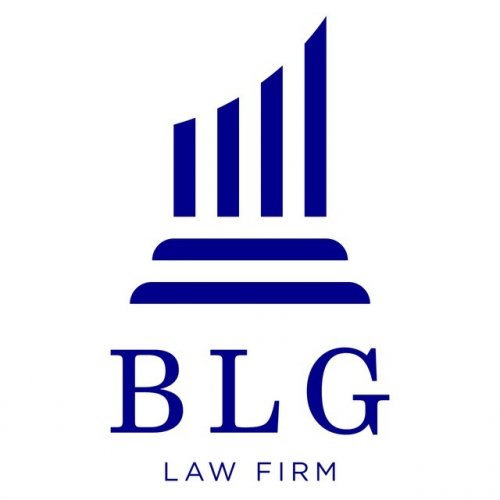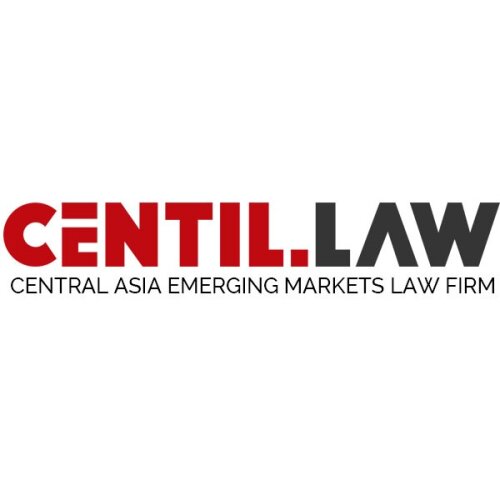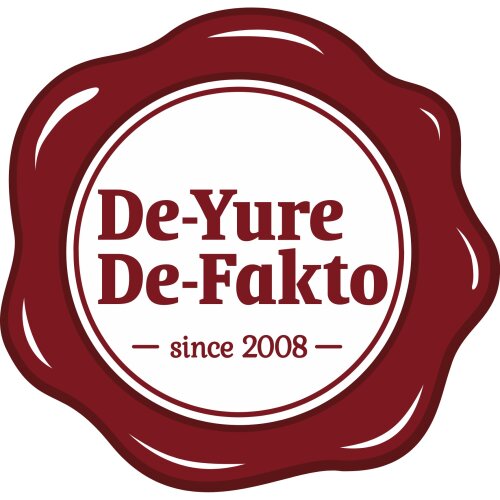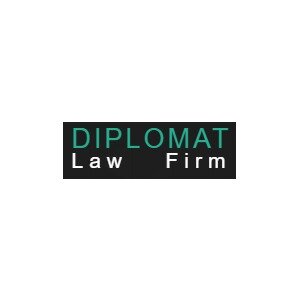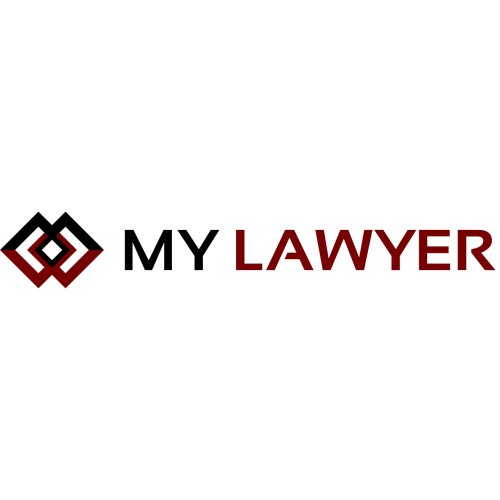Best Franchising Lawyers in Tashkent
Share your needs with us, get contacted by law firms.
Free. Takes 2 min.
List of the best lawyers in Tashkent, Uzbekistan
About Franchising Law in Tashkent, Uzbekistan
Franchising in Tashkent, Uzbekistan, is a growing sector, driven by an increasing interest from international and local entrepreneurs looking to expand their businesses. The legal framework governing franchising in Uzbekistan is designed to protect both franchisors and franchisees, ensuring fair and transparent business practices. Franchising agreements are typically governed by civil law principles, with specific provisions pertinent to contractual obligations and commercial activities. As such, they require detailed scrutiny to ensure that all legal requirements are met and that the interests of all parties are safeguarded.
Why You May Need a Lawyer
Engaging in a franchising agreement involves various legalities and complexities that can be challenging to navigate without professional help. Here are common situations where legal assistance may be essential:
- Reviewing and drafting franchising agreements to ensure compliance with Uzbek laws.
- Negotiating terms and conditions favorable to your business interests.
- Resolving disputes between franchisors and franchisees.
- Understanding the legal implications of terminating a franchise agreement.
- Guidance on intellectual property rights associated with branding and trademarks.
- Advising on regulatory requirements and ensuring business operations comply with local laws.
Local Laws Overview
Several key aspects of local laws are particularly relevant to franchising in Tashkent, Uzbekistan. These include:
- Contract Law: The Uzbek Civil Code governs contractual agreements, emphasizing the need for clear and enforceable contracts between franchisors and franchisees.
- Business Licensing: Both franchisors and franchisees must obtain necessary business licenses and permits to operate in various sectors legally.
- Intellectual Property Rights: Registration and protection of trademarks and brands are crucial, often requiring specialized legal assistance.
- Competition Law: Franchise agreements must comply with antitrust laws to avoid unfair competitive practices.
- Taxation: Understanding the tax implications and obligations for franchising operations is vital for legal compliance.
Frequently Asked Questions
What is franchising, and how does it work in Uzbekistan?
Franchising in Uzbekistan involves a franchisor granting the franchisee the right to operate a business under its brand, using its systems and processes. This relationship is regulated by a franchise agreement outlining the rights and obligations of both parties.
What should a franchise agreement include?
A franchise agreement should detail the terms and conditions, including fees, duration, territory rights, support services, operational procedures, and termination conditions.
Do I need a license to start a franchise in Tashkent?
Yes, both franchisors and franchisees typically need to comply with local business licensing requirements to legally operate in Uzbekistan.
How are disputes in franchising agreements resolved?
Disputes may be resolved through negotiation, mediation, arbitration, or court proceedings, depending on the terms set out in the franchise agreement.
What are the common fees involved in franchising?
Typical fees include an initial franchise fee, ongoing royalty payments, and marketing contributions as specified in the franchise agreement.
What is the role of intellectual property in franchising?
Intellectual property, including trademarks and trade secrets, is critical in franchising, as franchisors provide franchisees with the rights to use their brand and proprietary systems.
Can a franchise agreement be terminated early?
Franchise agreements can be terminated early under specific conditions outlined in the agreement, such as breach of contract or failure to comply with operational standards.
What are my rights as a franchisee in Uzbekistan?
Franchisees have rights to use the franchisor's brand, receive training and support, and operate under agreed terms. They are also entitled to enforce their contractual rights in case of disputes.
How can I ensure my franchise operates legally?
Consulting with a qualified lawyer to understand the regulatory requirements, ensure compliance, and handle all legal documentation is recommended.
What are the tax implications for franchising operations?
The tax implications can vary depending on the structure of the franchise and should be assessed by a legal or financial expert familiar with Uzbek tax laws.
Additional Resources
For further assistance, consider consulting the following resources:
- The Chamber of Commerce and Industry of Uzbekistan - Provides support for businesses, including franchisors and franchisees.
- Ministry of Justice of Uzbekistan - Offers guidance on legal documentation and regulatory requirements.
- Local law firms specializing in commercial and franchising law can provide personalized legal advice.
Next Steps
If you're considering entering the franchising market in Tashkent, Uzbekistan, or need assistance with an existing franchise, here’s how you can proceed:
- Conduct thorough market research to understand the franchising landscape in Uzbekistan
- Schedule a consultation with a lawyer specializing in franchising law to review all potential legal implications.
- Ensure all agreements comply with local laws and reflect your business objectives.
- Stay informed about any changes in local legislation affecting franchising operations.
Taking these steps will help ensure a smooth franchising process and enhance the success of your venture in Uzbekistan.
Lawzana helps you find the best lawyers and law firms in Tashkent through a curated and pre-screened list of qualified legal professionals. Our platform offers rankings and detailed profiles of attorneys and law firms, allowing you to compare based on practice areas, including Franchising, experience, and client feedback.
Each profile includes a description of the firm's areas of practice, client reviews, team members and partners, year of establishment, spoken languages, office locations, contact information, social media presence, and any published articles or resources. Most firms on our platform speak English and are experienced in both local and international legal matters.
Get a quote from top-rated law firms in Tashkent, Uzbekistan — quickly, securely, and without unnecessary hassle.
Disclaimer:
The information provided on this page is for general informational purposes only and does not constitute legal advice. While we strive to ensure the accuracy and relevance of the content, legal information may change over time, and interpretations of the law can vary. You should always consult with a qualified legal professional for advice specific to your situation.
We disclaim all liability for actions taken or not taken based on the content of this page. If you believe any information is incorrect or outdated, please contact us, and we will review and update it where appropriate.



